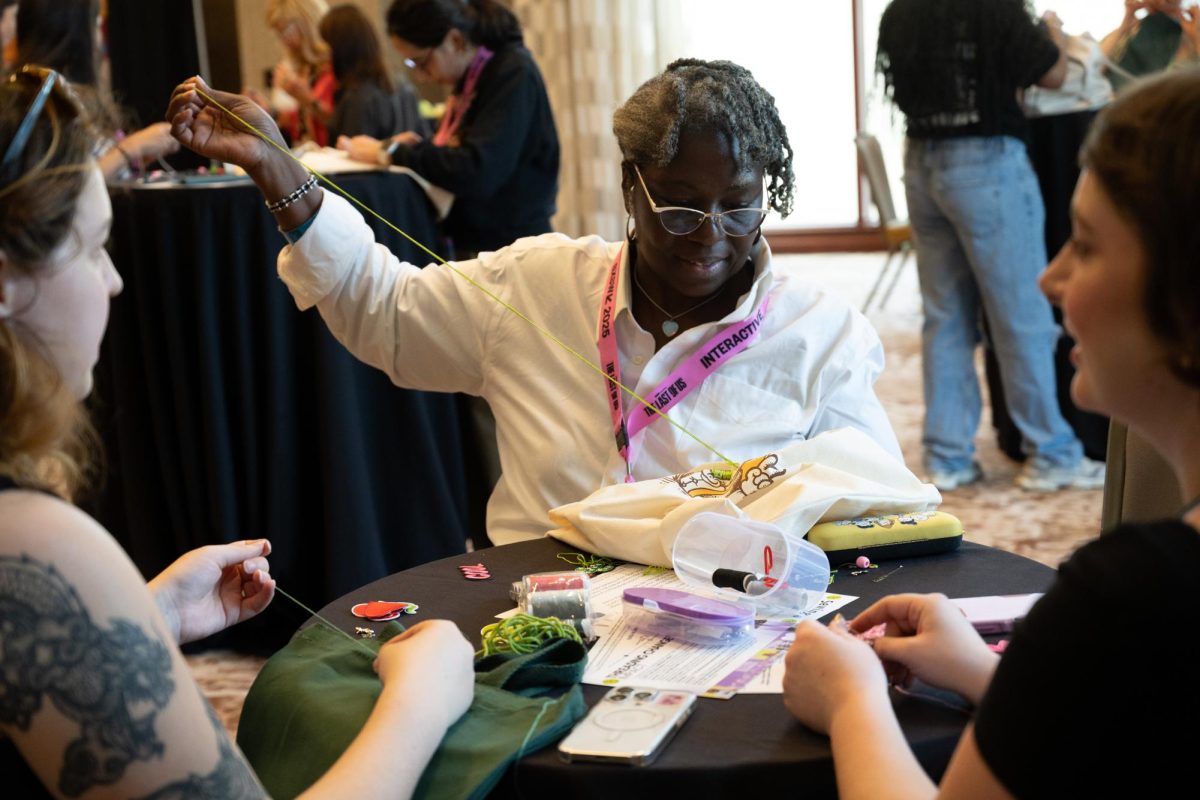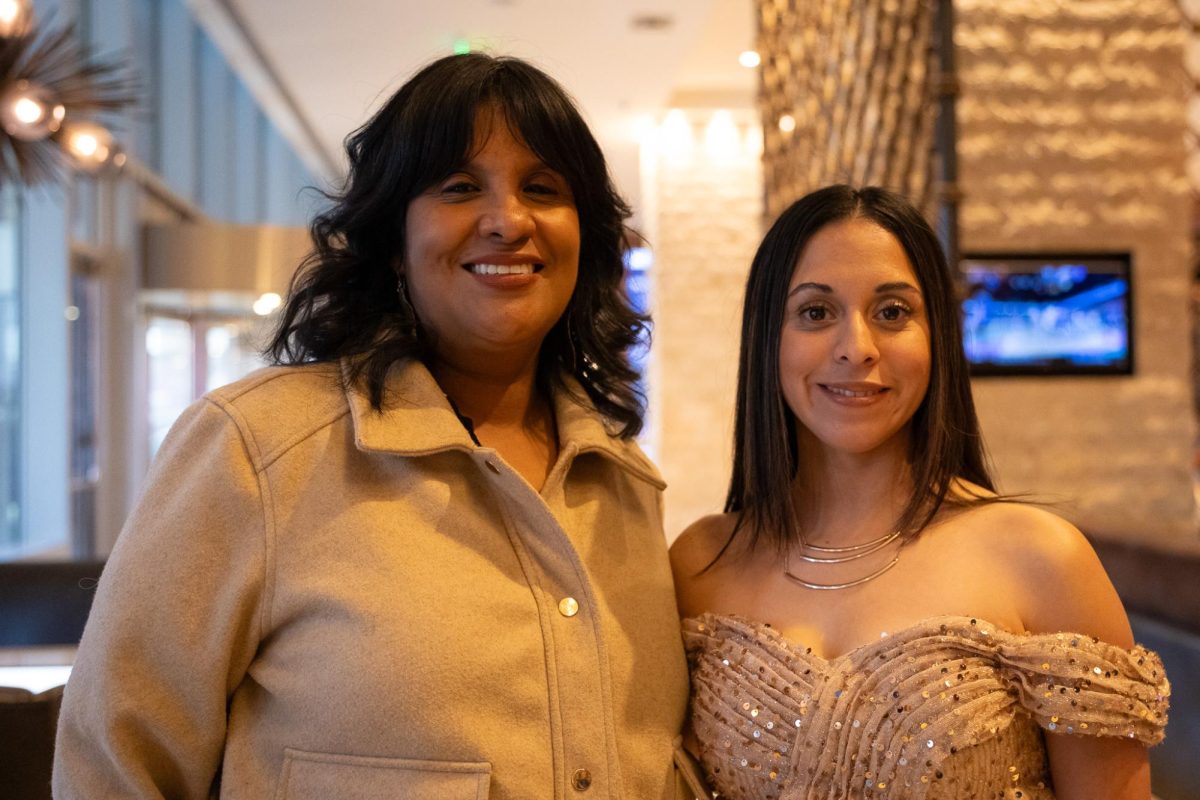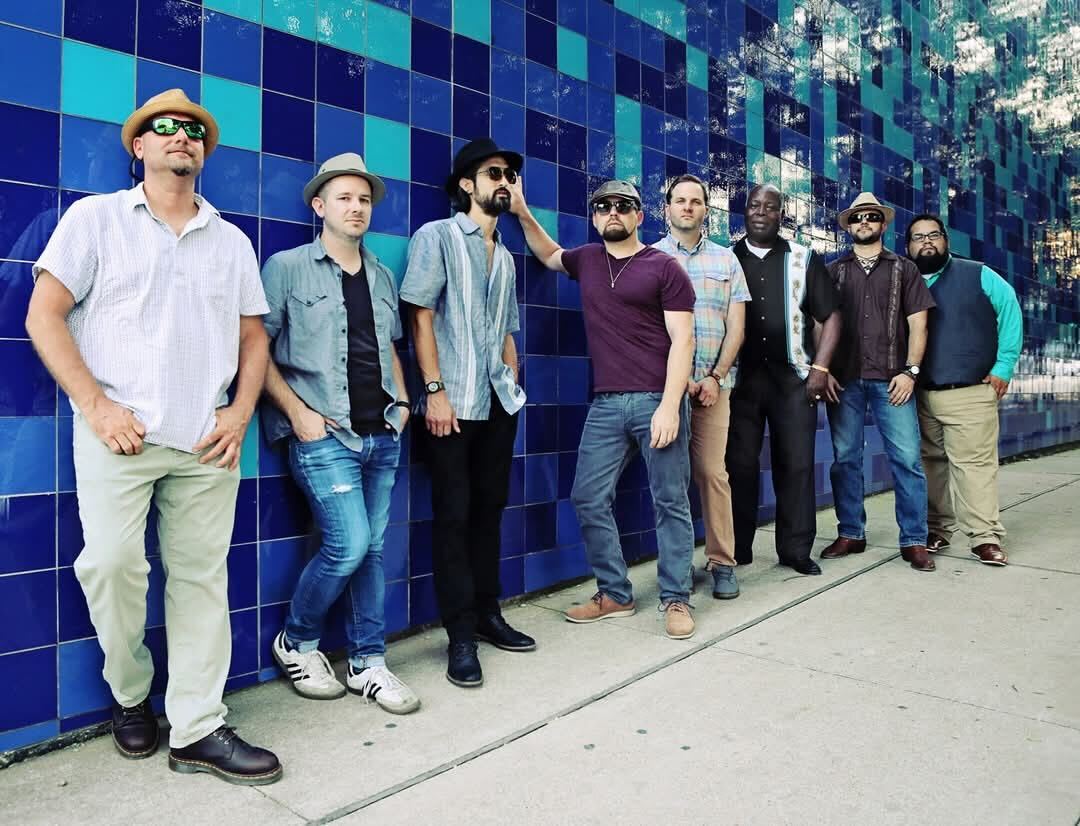From the Gregorian chants of monks in 800 A.D. to Lil Dicky’s rapping in 2019, the history of music has shaped what society calls pop music today.
Ross Golan, a songwriter, artist and podcast host, discussed “Song Math” on March 15 at the Austin Convention Center. Diving into the history and components of pop music, he explored the ways they shape the future of songwriting.
Golan began by establishing the idea that listeners have been consumers of music their entire lives and thus have expectations they can manipulate.
“Songwriting is not about the songwriter,” Golan said. “It’s about the listener.”
He then introduced the beginning of music history to explain how pop music is not a genre, but rather a result from past music. Golan paired songs from various eras with modern songs to emphasize how much history has influenced today’s music. For instance, he compared chamber music from the beginning of time to Train’s “Hey, Soul Sister,” claiming they share similar aspects in melody.
“You might think some of these things are coincidence, but they’re not,” Golan said.
Highlighting famous songs by composers such as Beethoven and Mozart, he emphasized how they’ve remained present throughout history.
“(There was) no recorded music for at least over a hundred years (since they were written), and you still know at least the beginning to all of these,” Golan said.
From classical music to jazz to the blues, Golan introduced different aspects each era brought to the table, including different rhythms and the opportunity to listen to music from home. With the introduction of television in Elvis Presley’s era, Golan said it set the foundation for modern music.
“It changed how the whole music industry works,” Golan said. “Everything is based in this.”
In between history eras, Golan paused to introduce a new “song math” concept, giving insight into different techniques artists have used over time. He touched on different song forms, rhythms, arrangements, lyrics and dissonance.
“I want you to know all the rules,” Golan said. “If you know the rules, then you can break them.”
He said although artists often dislike not resolving the song at the end with a vocal, it acts as a cliffhanger for the listener.
“If I can make a conscious effort, I like leaving stuff resolved,” Golan said. “It leaves you wanting more (and) adds dissonance. Dissonance is your friend.”
For lyrics, he said the title and concept are the most important aspects of a song. He analyzed the structure of a song in a Swiffer mop commercial, saying the verses list things the mop does, the pre-chorus introduces the price and the chorus proclaims the brand.
“Your song is a commercial for your concept,” Golan said.
Golan closed with an encouragement for artists to experiment and continue pushing until they create a concept that’s true to themselves. He said all it takes is a little more time.
“There are millions of singers, thousands of artists and only 40 songs at a time,” Golan said.





















